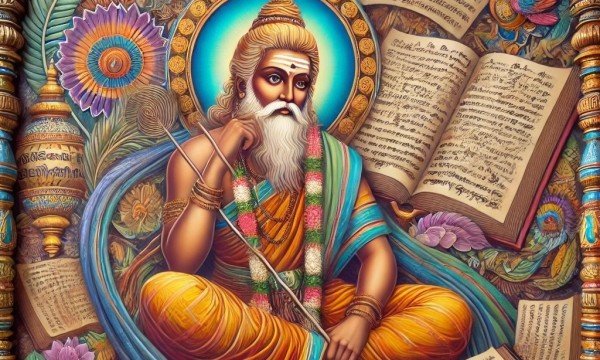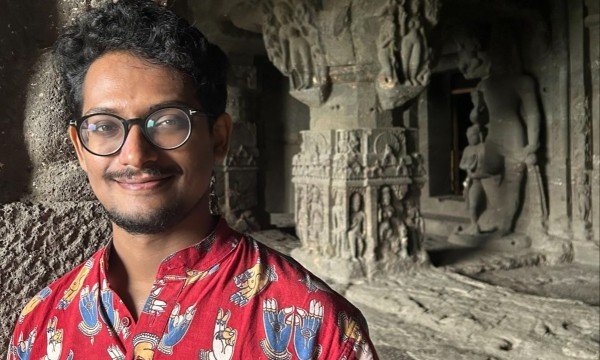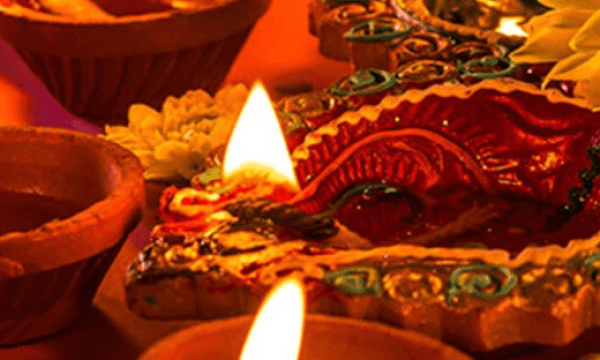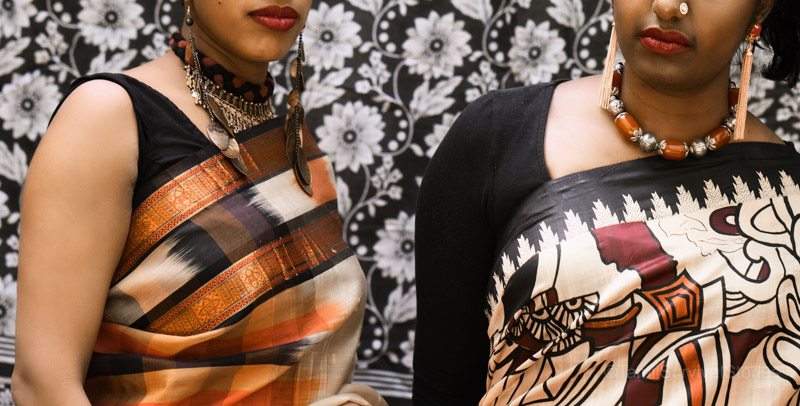
Dear Ammamma by Tamil Survival Stories is a tribute to our grandmothers, mothers and sisters.
In the rhythm of their sarees we heal generations of trauma, we remember a community dispossessed, we honour mothers still resisting and we celebrate the fire of our Tamil identity.
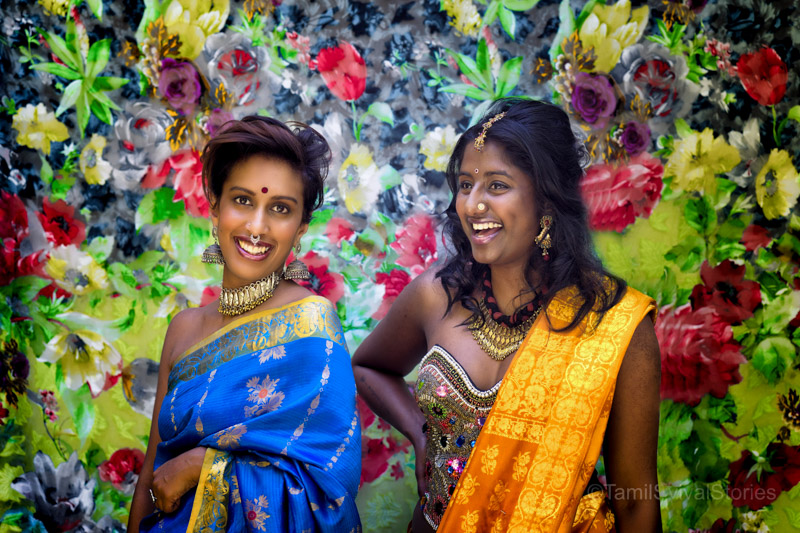
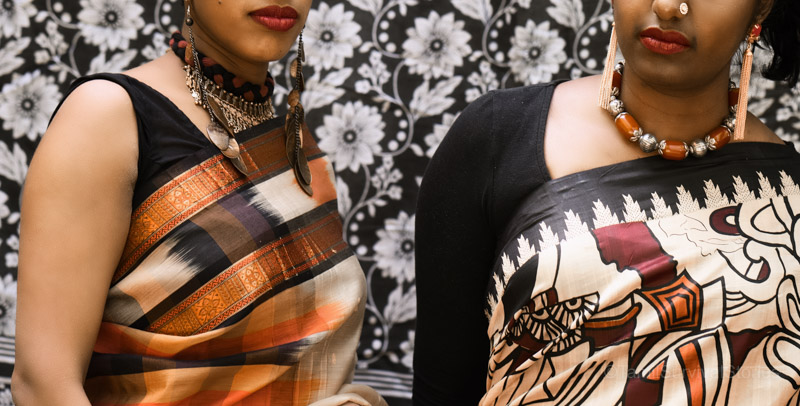
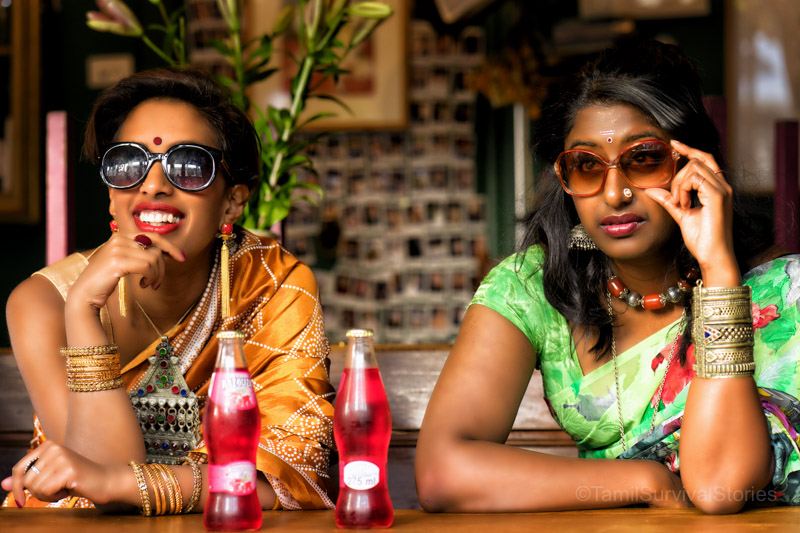
****
Dhakshayni: I remember அம்மம்மா’s arrival to my family’s home in Melbourne. She and I became best friends. We would spend our time giggling, singing and telling stories. Sometimes her stories were about our family, accompanied by real photographs of life in Jaffna (those beautiful black and white square photographs with the white border). And other times her stories were about animals or Hindu gods. In this way she sparked my imagination, about the world that was ‘home’ and about all things supernatural, spiritual and otherworldly. Through her love and kindness she earned my deep trust and was therefore the only person I would speak Tamil to. My parents spoke to me in Tamil but I would always respond in English. When she passed away in 1994 I stopped speaking Tamil.
When I’m cutting onions for eggplant curry, or grinding cardamom pods for paayaasum, I reflect on how my அம்மம்மா would have carried out these same simple actions, but in a different world. Wearing my அம்மம்மா’s saree is as close as I can come to embodying her experience and understanding her world. What did she live through whilst wearing this sari? What was it like to be her?
My அம்மம்மா, Maheshwari Rajasekaram, was born in 1925. She was one of the brightest children at her school but had to stop attending due to serious illness. She was married at the age of 27 to my grandfather, Muthuthambi Rajasekaram. Despite miscarriages, ongoing ill health and surviving through war, she gave birth to two daughters, Umadevi (my அம்மா) and Kaladevi. She eventually fled to Australia in 1989.
Our lives could not have been more different. The juxtaposition of her saree and the modern setting in this photo series reflects this. Yet we are inextricably connected. A very close friend of mine (Connie Donato-Hunt), soon-to-be mother said to me “my little baby girl in my womb has already developed eggs in her ovaries, so I am not only supporting her life, but potentially the lives of generations to come”. This is the very physical and spiritual connection we have to our mother’s mother.
I am smiling in these photos but part of me was sad to wear அம்மம்மா’s saris. Sad because I miss her, and also because of the loss of language, culture and connection to my place of birth; the result of our escape and assimilation.
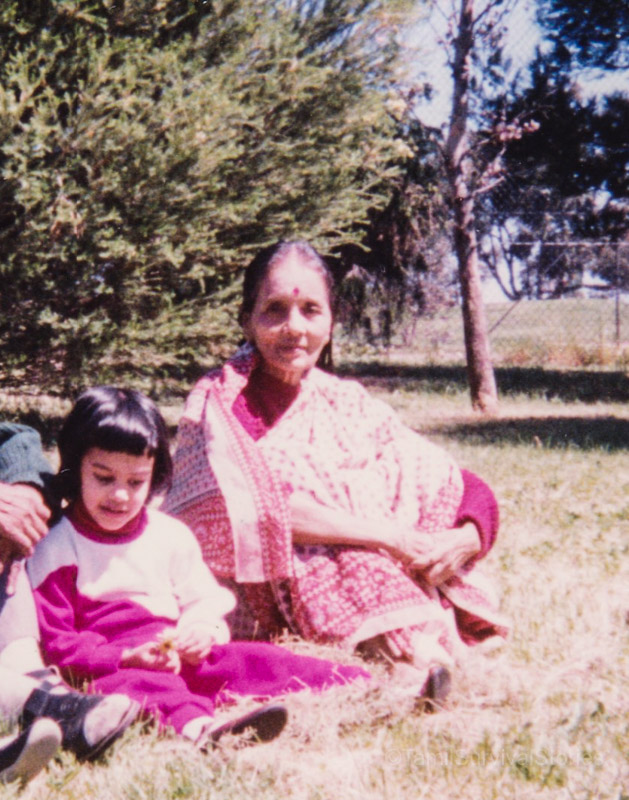
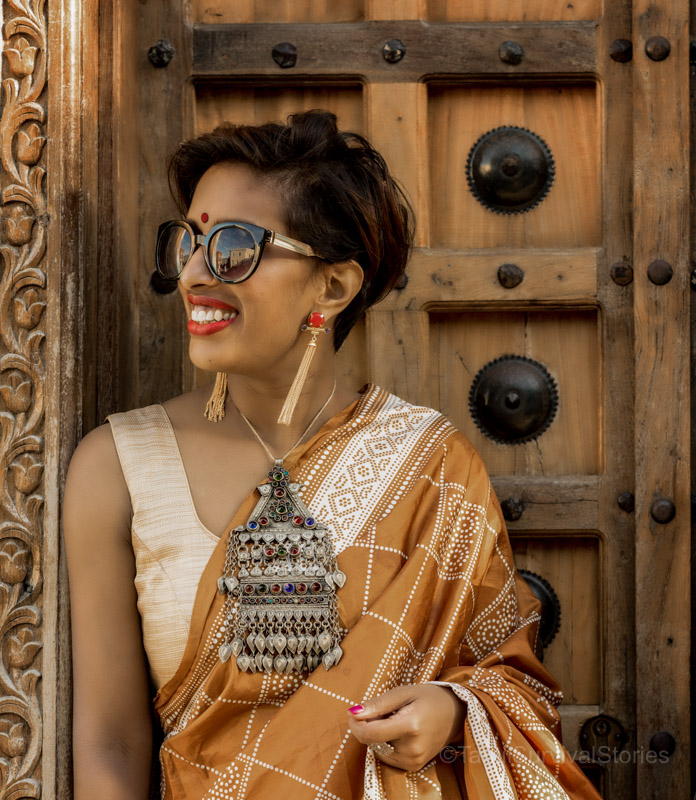
****
Dearest Thavamany,
As a young child, I became deeply aware of the way that you embodied wisdom. I watched how people often came to you and how you seemingly held the answers to everything.
I think back to your language of kindness and care, your respect for living within your means and measure, and the way in which you allowed faith to enter and dictate your everyday actions. Prayer was sacred to you and you always included your family in your daily practice. You would pray for us, all of us, equally and never expected prayers back in return. Each night, we would wash our faces and nestle around you at the prayer table, looking to you for cues on what to do next. You would light a candle, close your eyes and pray that we would be good children. Half an hour would pass and you would remain seated, silent and still. I would play games whilst being cradled in your lap, entangling myself in the fabric of your multicoloured sarees and housecoats, imagining that I was somewhere in that magical space of prayer with you.
I recall the way that you would use these moments to teach us a type of knowledge that I can not find anywhere else. Everything you did had a sense of purpose and responsibility and yet you had all the time and patience in the world for us to learn alongside you. I didn’t listen to many people growing up but I always listened to you. It was as if you already knew that I would one day need to call on you as I learnt to navigate the highs and lows of life. Your teachings were worldly and have imparted upon me a greater perception as to how I see this world.
These days I look forward to the special moments where I can place my hand in yours, play with the folds of your golden brown skin and braid plaits through your silver hair. You often read my future by looking at the lines of my palm, I study your face like I might be seeing it for the last time and then we come to rest in your comforting scent of tiger balm and baby oil. Sometimes I start to feel sad as I try and come to terms with a world without you, but you always remind me that you are ready to go and we laugh about where god might take you. During these moments, I look out to my own அம்மா for the same sense of calm that you always provided her.
I always knew that you held a rare quality of a person who truly leads through life by example.
To me, you are the absolute truth.
Your ever loving,
Vasuki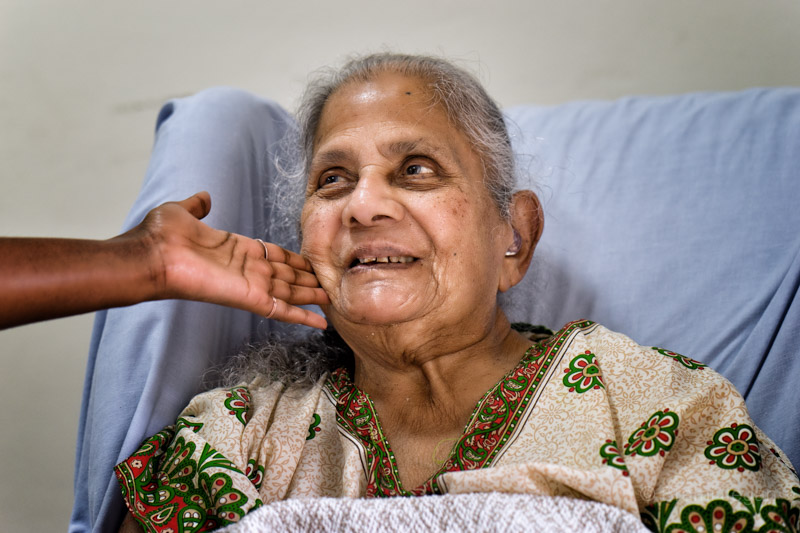
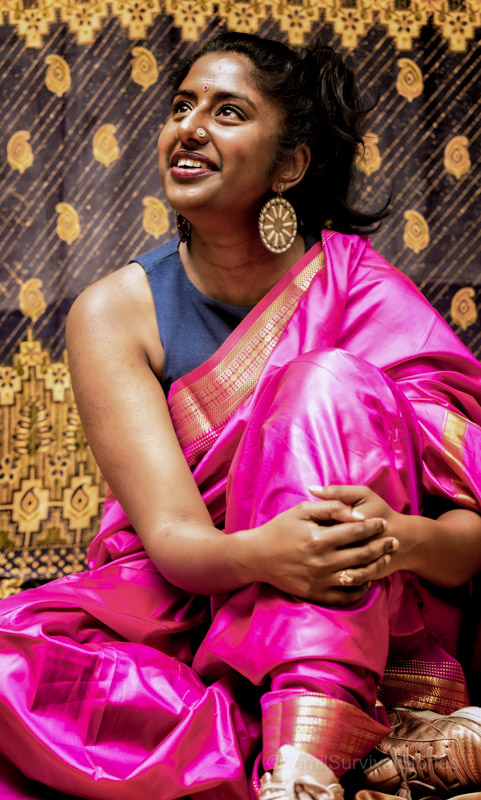
Photographs by @bramiegan @tamilsurvivalstories
Tamil Surivival Stories is a photographic journey into the survival of the Eelam Tamils, the preservation of their identity and across the globe and the role of women in this story.







